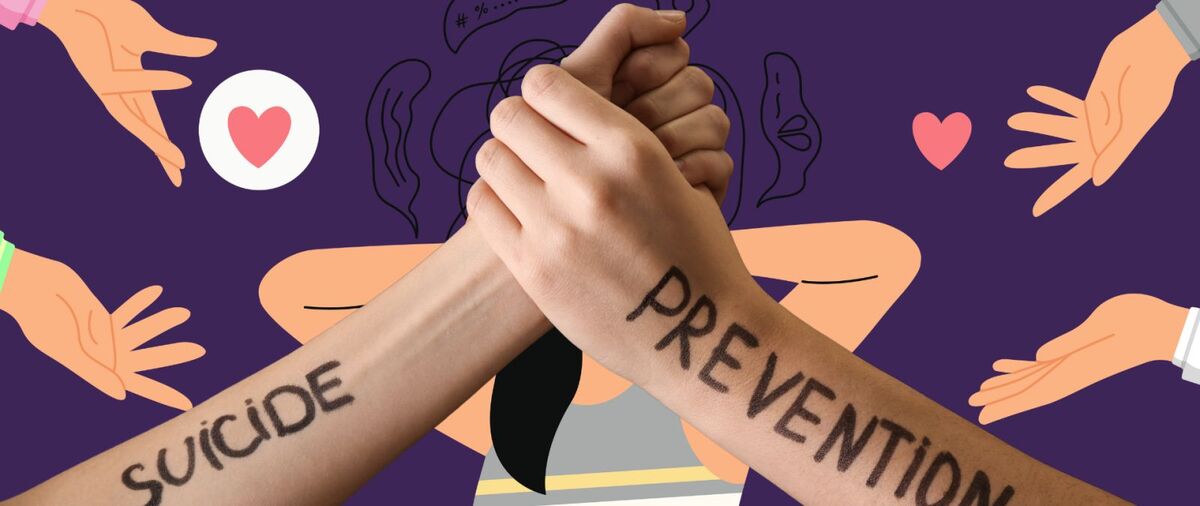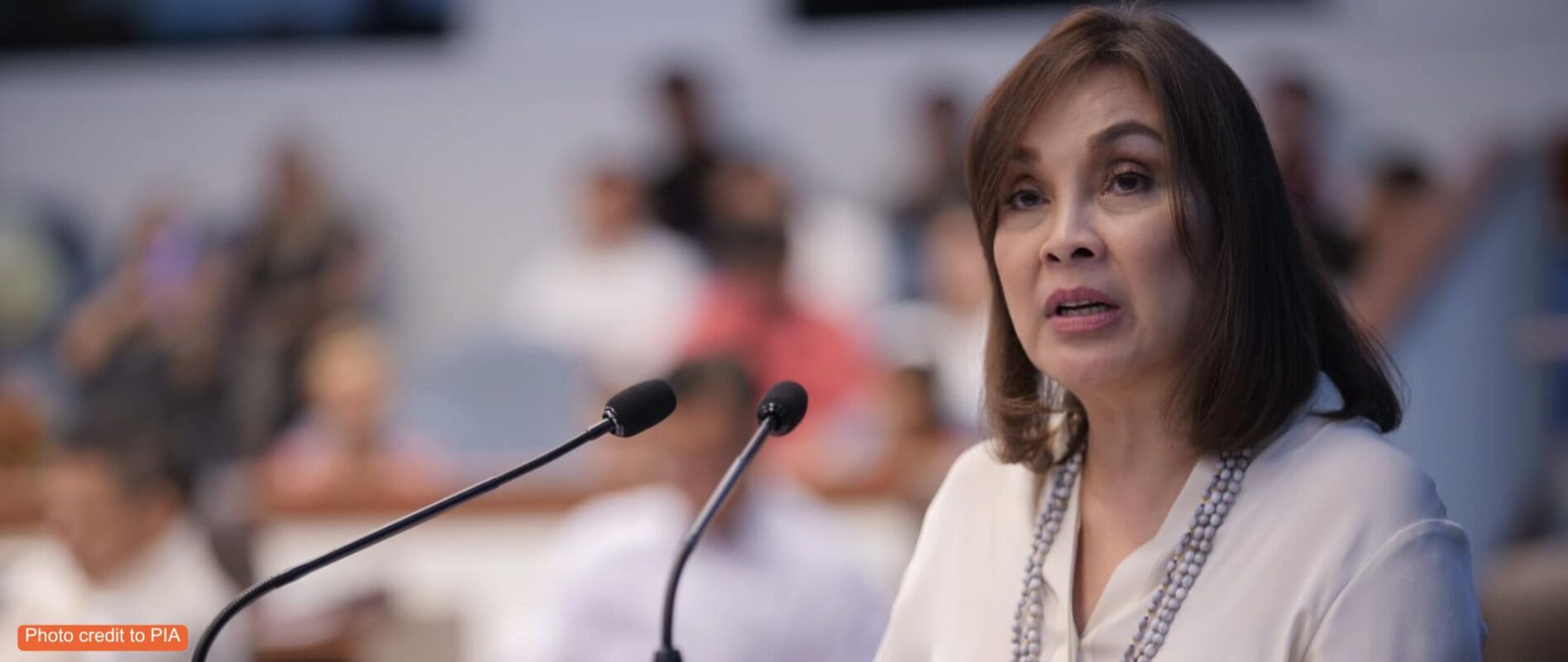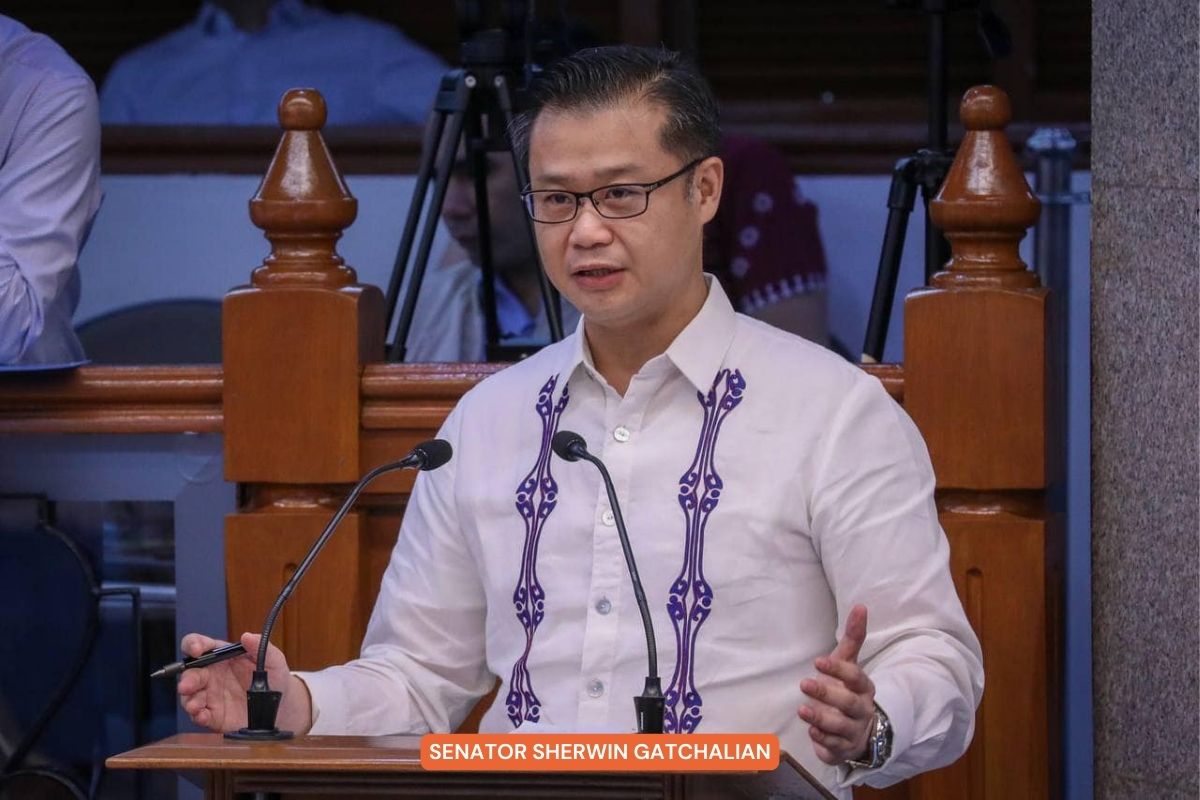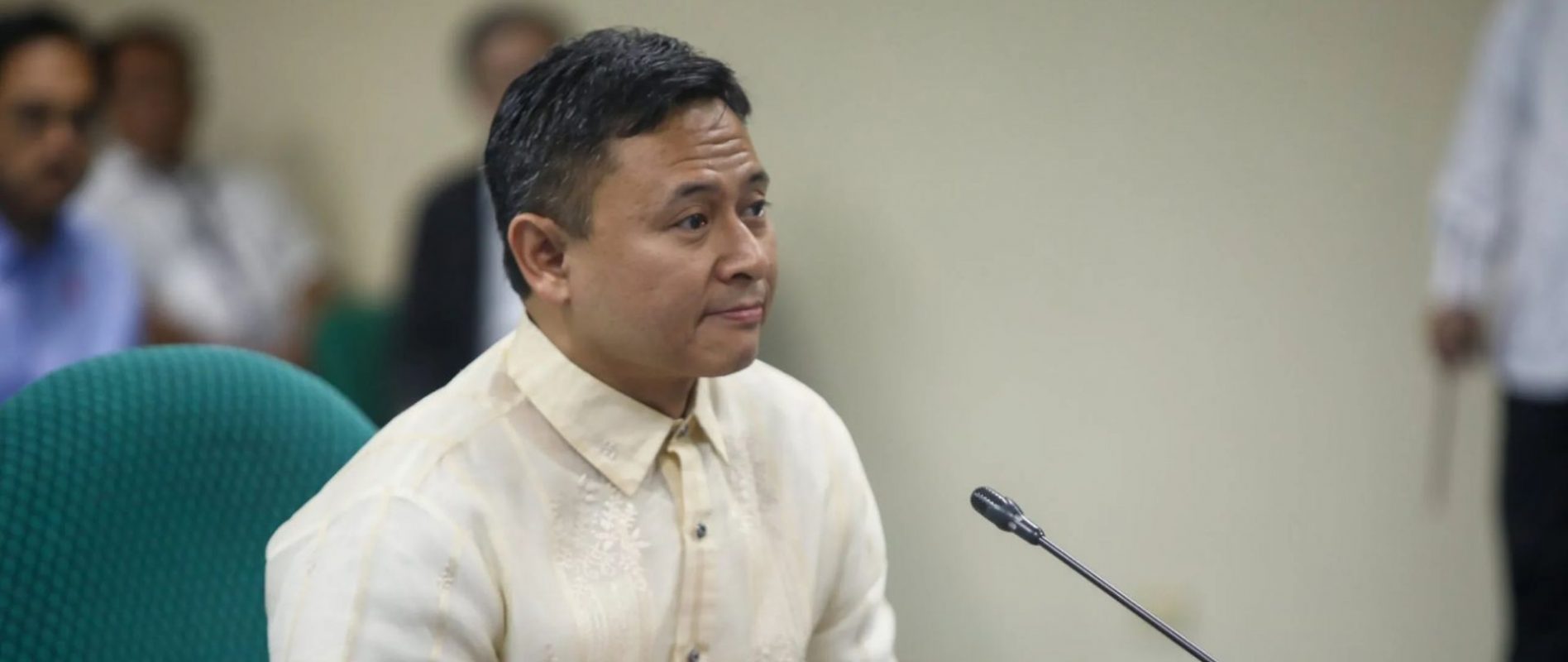IS THE DEPED OKAY? THE CASE OF ERRONEOUS MODULES, GENDER STEREOTYPES, PROTEST-SHAMING, AND ONE INCORRECT MATH EQUATION
Week after week, the Department of Education faces new criticisms and complaints from the public regarding its learning materials, along with new practices brought upon by distance learning and online classes.
The last couple of months have filled up the Department of Education’s plate with online classes and all that it entails. From the public’s cry for an “Academic Freeze,” to pushing through with classes with last-minute drastic changes of modules, standards, and more, it’s definitely not an exaggeration to say that the DepEd has been one of the busiest government departments during the pandemic.
As schools across the country are now well into the academic year, and swiftly adapting to the New Normal, there seems to be a new set of issues arising for the Department to take care of. Given its primary responsibility to improve the quality of basic education in the Philippines, there have been a lot of recent incidents that are in contradiction to this mission. On top of questions on educational materials, the DepEd is also facing heavy criticism from the Internet with the rising number of teachers and students committing suicide.
In a sample math problem aired on DepEd TV on Tuesday, netizens were quick to point out the wrong solution in solving an equation.
In Math, dividing any number by 0 is not possible because its result would be undefined. Learn more here: https://t.co/LclwwNGNKa @rapplerdotcom pic.twitter.com/4XvMCraO8c
— Bonz Magsambol (@bnzmagsambol) October 7, 2020
First off, we had the infamous math solution flashed on a DepEd Facebook Live program that many were quick to point out was incorrect. The simple math equation is not the first time DepEd TV flashed an erroneous learning material live online, however, as it also received many complaints back in August when it presented a grammatically incorrect statement on one of its digital lessons. DepEd Undersecretary Alain Pascua took it to Facebook to issue an official apology regarding the algebra solution, and thanked the public for critiquing their program.
Despite this issue being quickly resolved and pushed aside to be another meme for the Filipino youth to use every now and then, another case was raised on even more erroneous materials coming out of DepEd. This time, it involved self-learning materials (SLMs) that the Department produced for students. Out of the thousands published, over 30 screenshots of errors were reported back, and is now being urged into investigation by the House Committee on Basic Education and Culture.
To aid the process, the Department has also launched an online platform where citizens can send in reports for errors found in learning materials called “Error Watch”:
- Email – [email protected]
- Text and Viber – 0961-6805334
- FB Messenger – DepEd Error Watch (@depederrorwatch)
- Workchat – DepEd Error Watch (https://deped.workplace.com/groups/616392985671470/)
All are advised to use the hashtag #depederrorwatch when submitting.
We would like to clarify that a certain learning module that has gone viral on social media creating an impression that the Department discourages students from joining peaceful assemblies is not part of DepEd’s curriculum resources.
Read more: https://t.co/J6US86xZVH pic.twitter.com/YFr8jdot0u
— DepEd (@DepEd_PH) October 19, 2020
Aside from incorrect materials, Filipinos are also pointing out some problematic themes promoted in government-issued modules, particularly on issues such as political dissent and gender stereotypes.
Last week, news broke out that several modules were published discouraging the youth to join public rallies and protests, which is in clear contradiction to the right of democratic citizens to voice out their opinions on the government, and organize groups protesting their beliefs. As soon as this went viral online, the DepEd issued a statement claiming that these materials were not approved by its team, and is not part of its curriculum.
Brainwashing the future generations to become sheep. Tsk! Tsk! pic.twitter.com/WffEmszb2w
— jomer (@jmrcsclll) October 15, 2020
Meanwhile, just this weekend, a Grade 1 student was praised all over the Internet for answering a module instructing students to define which toys were made for boys, and which ones were more appropriate for girls. The first grader encircled all the toys, and stated that there were no boy-girl division when it comes to little playthings.
I have two daughters and they play with toys from robots to motorcycles to blocks and dolls, too. Continue to break gender stereotypes, kids.
Good job to Ayesha, the Grade 1 student who answered this ???????????????????????? pic.twitter.com/zjUVG6B07n
— Bianca Gonzalez (@iamsuperbianca) October 20, 2020
This is similar to modules seen in past years that have perpetuated age-old gender stereotypes on masculine and feminine roles, whereas to be masculine is to be the breadwinner and to be feminine is constrained as a babysitter, resurfacing and drawing flak from the Internet today.
Ang sad lang na ito ang tinuturo sa public schools ng bansa natin. pic.twitter.com/cKkyYHFtOx
— Tony ☘️ (@CalditoCaldoon) June 28, 2017
Finally, the institution has ignited the anger of citizens across the country with a statement urging them “to stop associating the rise of suicide cases to distance learning programs.” A lot of people argue that through DepEd’s effort to wash its hands off the responsibility of making distance learning more compassionate towards students and teachers, it also effectively invalidates the fact that it’s taking a heavy toll on the community’s mental health. Following the outrage, the department then promised to reach out to the families affected by the death of students and teachers to provide proper psychological assistance.
We will continue to reach out to our teachers, staff, and learners to provide them with vital mental health and psychosocial services. We likewise request everyone to stay in touch and stay connected to our loved ones during these challenging times.
Together, we shall overcome. pic.twitter.com/Zv6HxOtAXE
— DepEd (@DepEd_PH) October 20, 2020
With all these complaints and concerns flying around against DepEd, it’s crucial to stay vigilant and critical to ensure Filipino students receive the quality education they deserve. It’s particularly worrying that so many “mistakes,” shortcomings, and lapses of judgment were made in the last few months as we’re all learning to adapt to post-pandemic society.
Although a certain margin of error can be expected even among institutions, as they are still managed by people capable of making mistakes, there’s a higher standard for a government-run department that we’re looking at for guidance and leadership at this time.
It should and will always be expected that the authorities that not only run but shape our supposedly trust-worthy educational system be compelled by all these issues to urge academic leaders to have more stringent programs in order for the Philippine educational system to attain and uphold the highest standards possible, without sacrificing our values, rights, and overall well-being.
With additional text from the editor.














